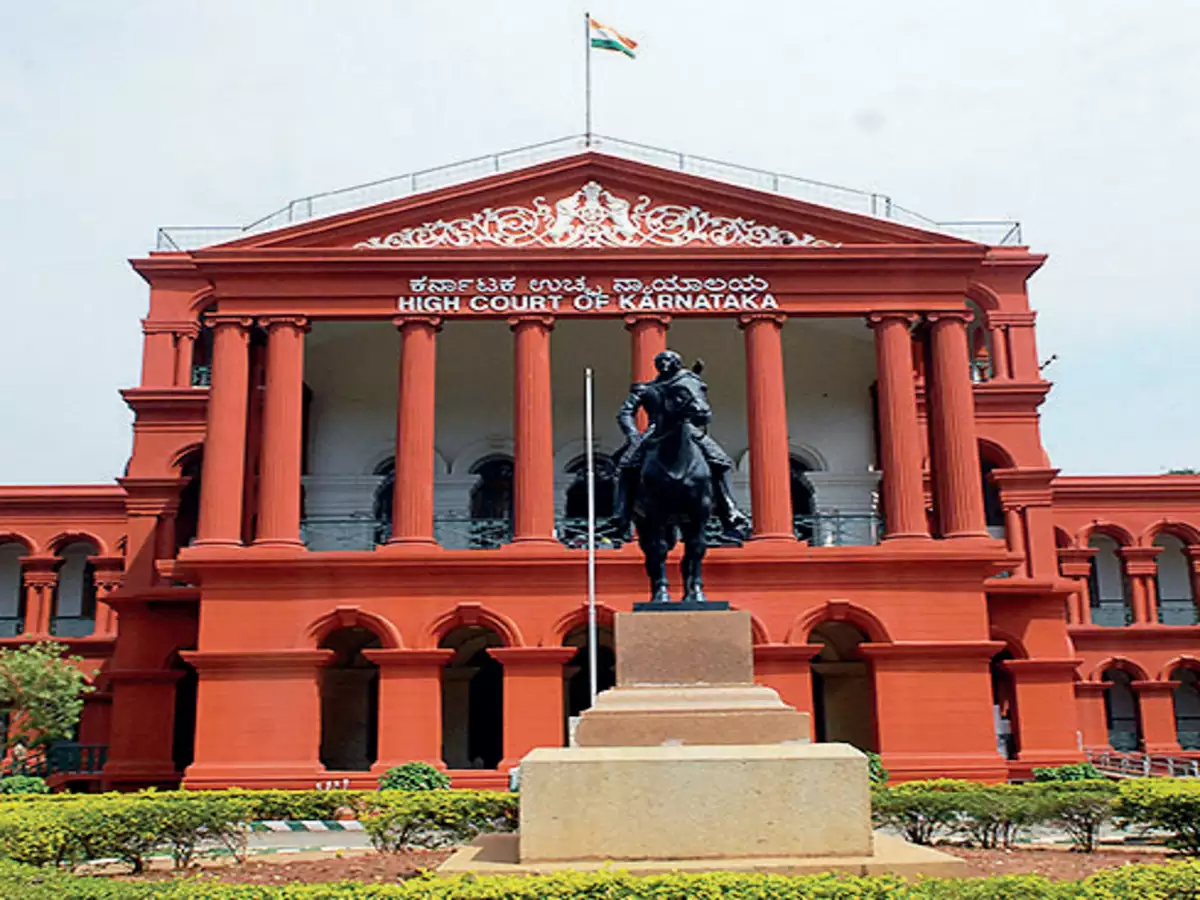The Bombay High Court, on June 20, declined to invalidate a government order issued by Eknath Shinde that revoked the appointments of the chairman and members of the Maharashtra State Commission for Scheduled Castes and Scheduled Tribes.
A division bench comprising Justices GS Patel and Neela Gokhale emphasized that changes in social policies following a change in government are a normal part of the democratic process and should not be automatically deemed arbitrary or dishonest.
According to the court’s order, “A change in social policy following a change in government is part of the democratic process, and altering the implementation of policies and programs cannot be labeled as arbitrary or malicious.”
The bench further noted that the petitioners’ appointments to the disputed positions were made through an executive order, which could be revoked by the government through an executive order.
“The court unequivocally holds that the order revoking the petitioners’ appointments as Chairman/Members of the Commission cannot be considered illegal. The petitioners do not possess an inherent right to retain the aforementioned positions. The government’s order to rescind their appointments on December 2, 2022, cannot be regarded as arbitrary or discriminatory,” ruled the court.
The High Court rendered this verdict in response to a petition filed by three retirees who challenged the cancellation of their appointments as chairman and members of the State commission. One of the petitioners was appointed as the commission’s chairman, while the other two were appointed as commission members for three-year terms.
The petition, filed by attorney Satish Talekar, claimed that their appointments were revoked after the government of Eknath Shinde came into power in June 2022. The petition also highlighted the cancellation of appointments of 197 presidents and non-official members to 29 project-level committees.
The petitioners argued that these changes were made to favor government supporters and employees. Talekar further contended that these decisions were made without any hearing or explanation, violating the principles of natural justice.
Advocate General Dr. Birendra Saraf opposed the petition on behalf of the State and supported the government’s decision. He argued that the positions in question were not civil service positions and that commission members serve at the discretion of the government.
The panel concurred with Saraf’s argument, stating that the petitioners’ nominations were solely at the government’s discretion, without any formal selection process or public application solicitation. The bench clarified that such appointments should be regarded as discretionary government nominations rather than employment positions.
The Court emphasized that the petitioners have no legal or constitutional entitlement to the positions. Therefore, neither a justification nor an opportunity for the petitioners to be heard is required for their removal, as stated by the Court.


